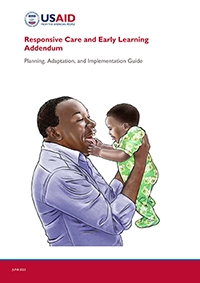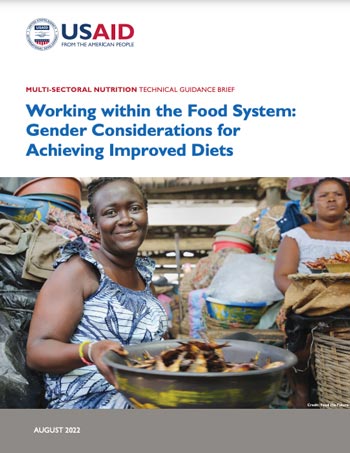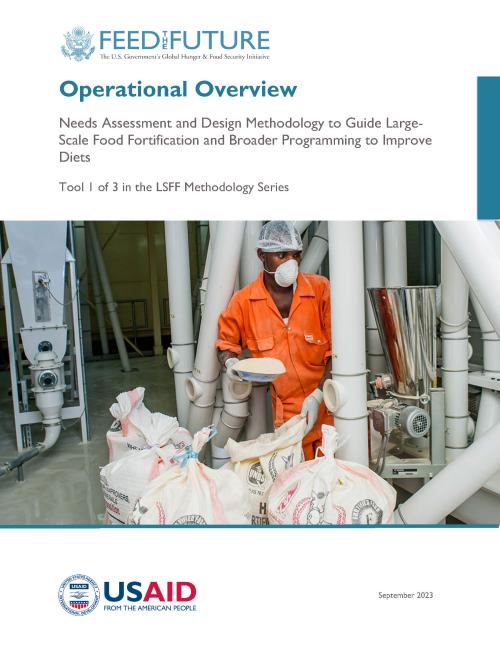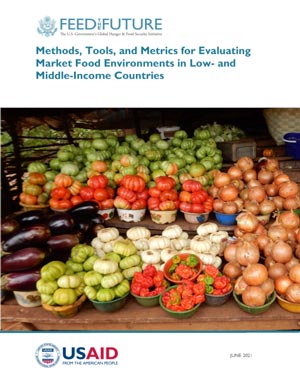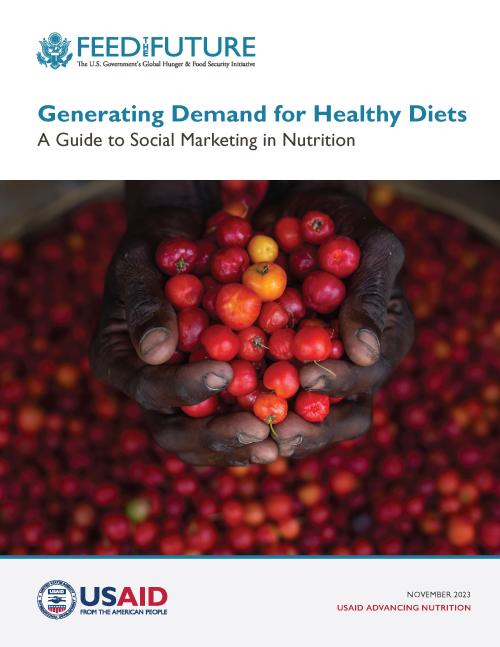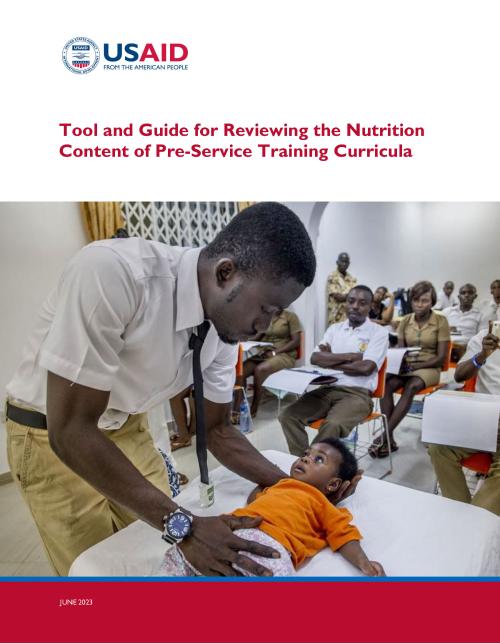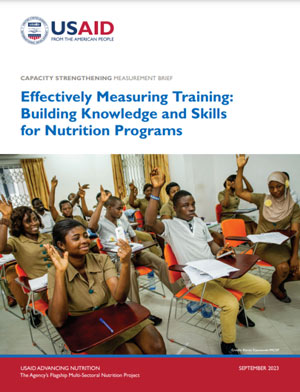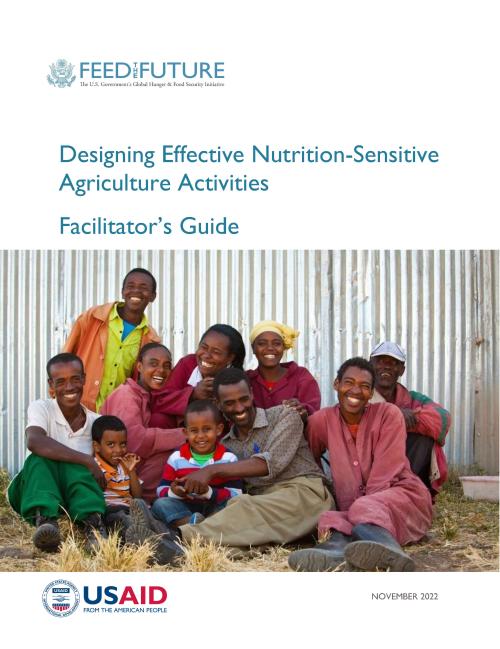Responsive Care and Early Learning (RCEL) Addendum Resource Collection
The RCEL Addendum is a global package that gives programs the flexibility to adapt the materials to different country contexts and audiences by adjusting the content and delivery modalities. It can be added or integrated into existing child health, nutrition, or infant and young child feeding (IYCF) counseling packages, including UNICEF’s Community Infant and Young Child Feeding (C-IYCF) Counselling Package, which is the model for the RCEL Addendum.
Last modified: January 2, 2024
Language: English
Source: USAID Advancing Nutrition
Year of Publication: 2023

